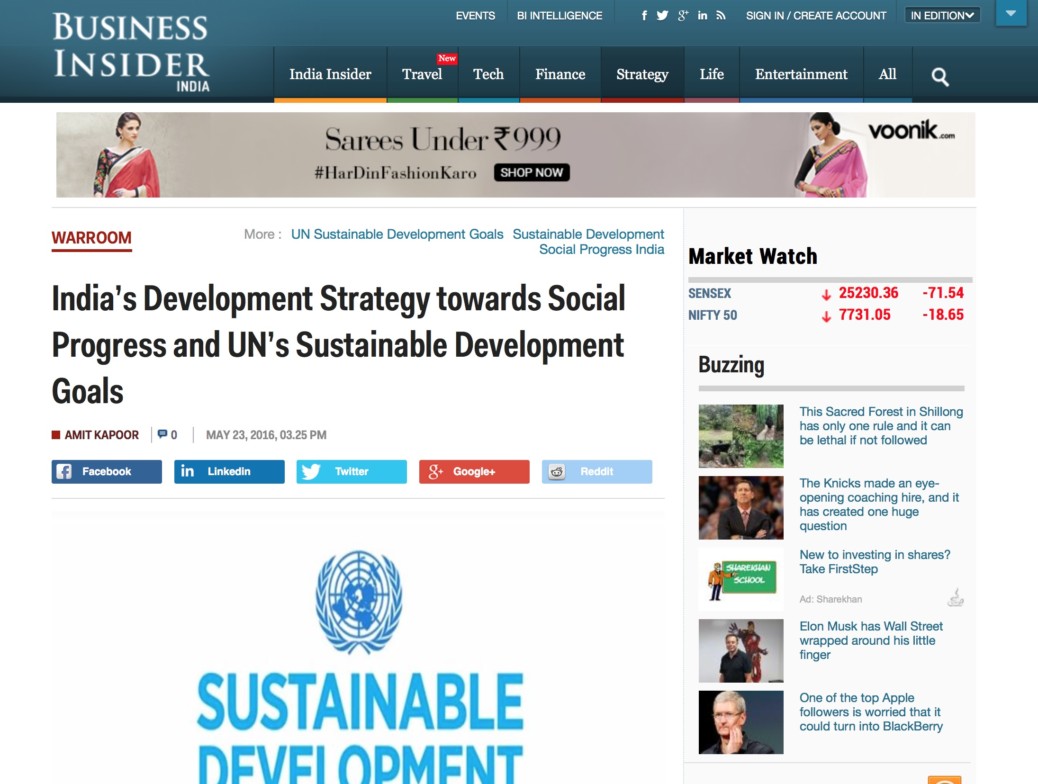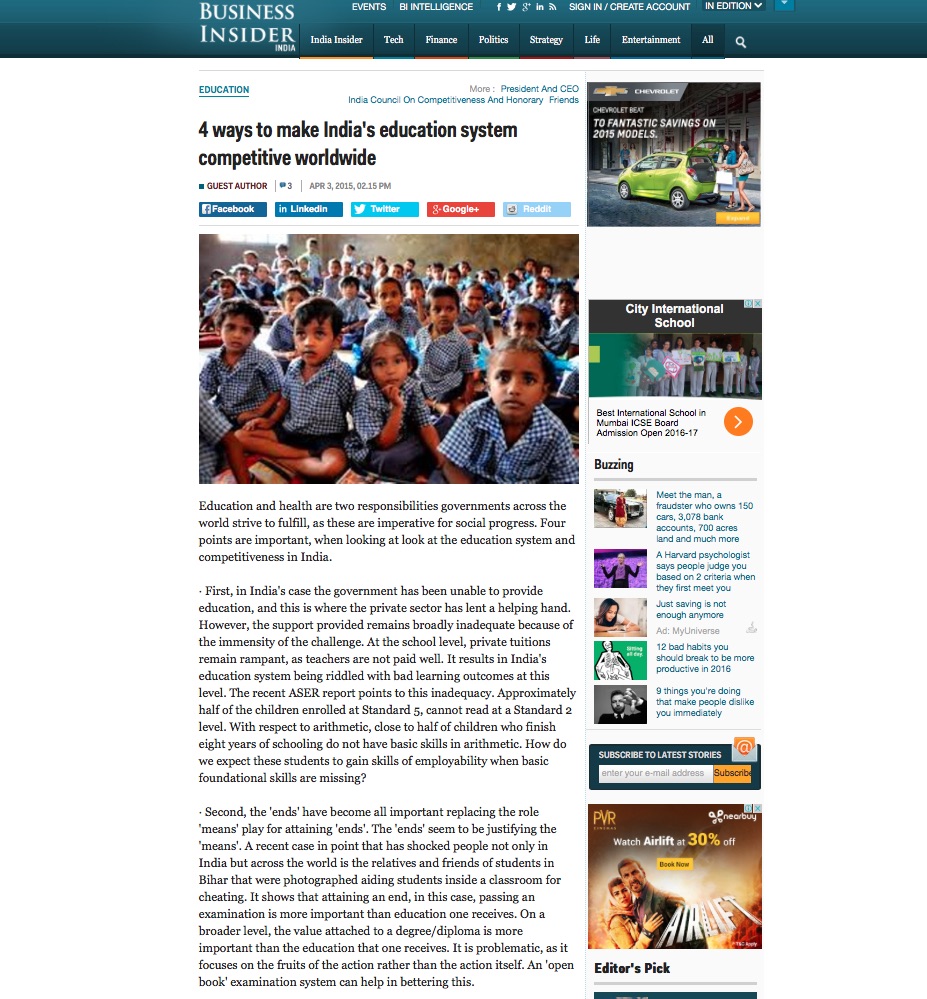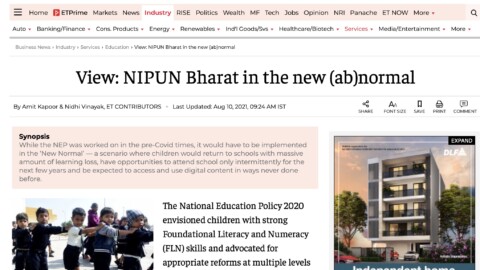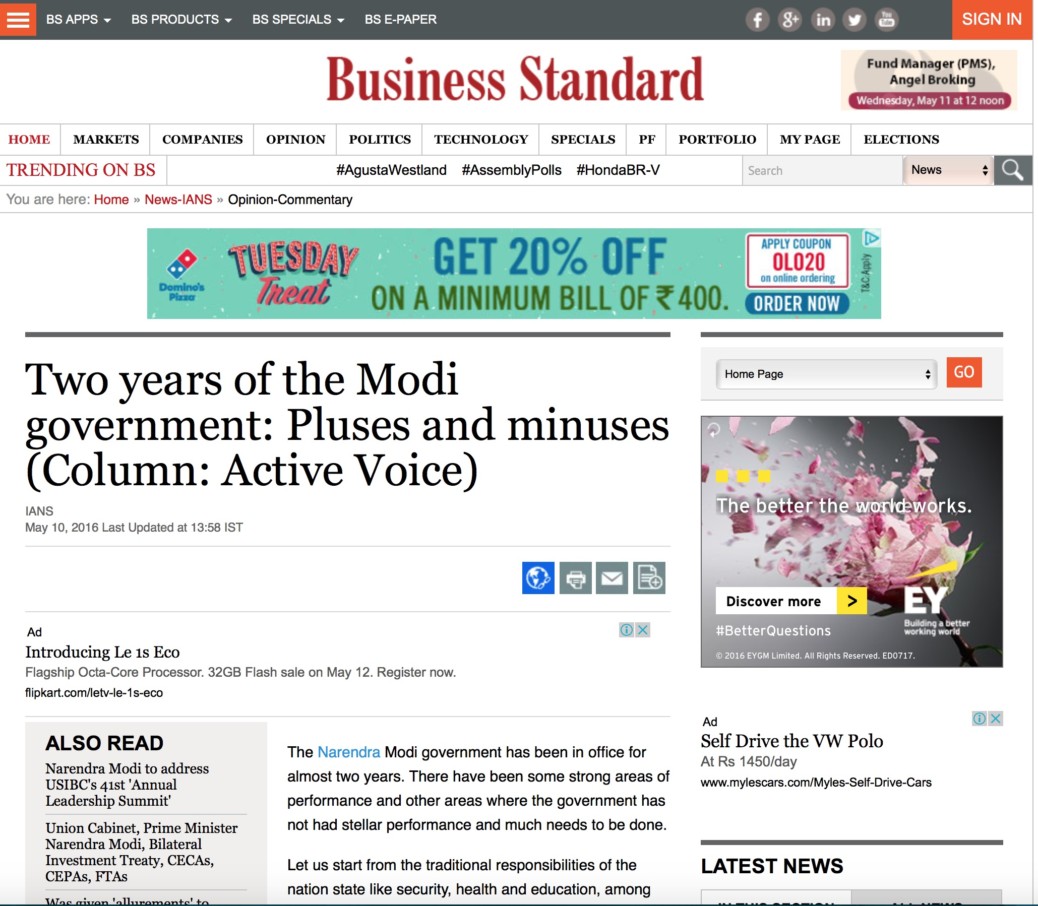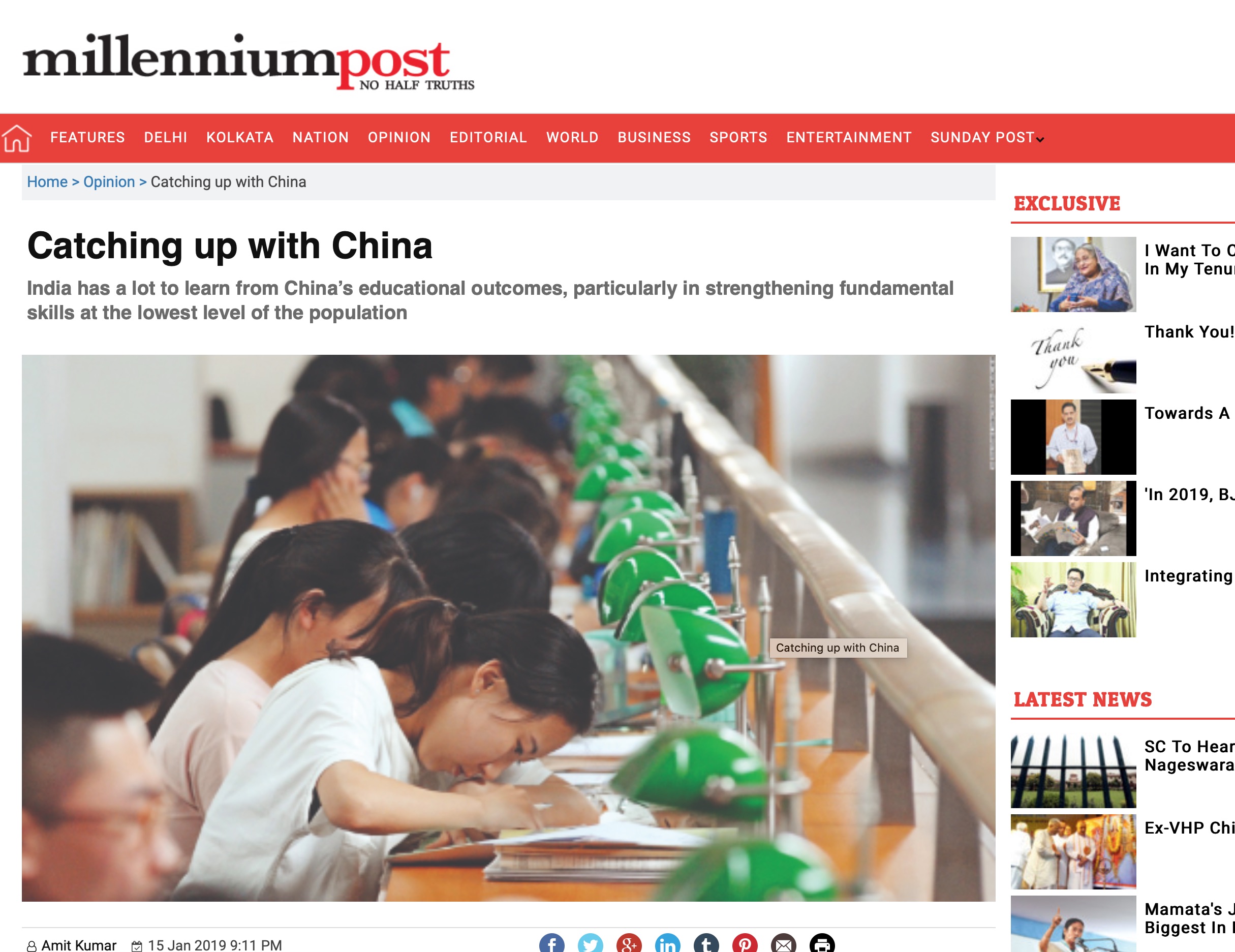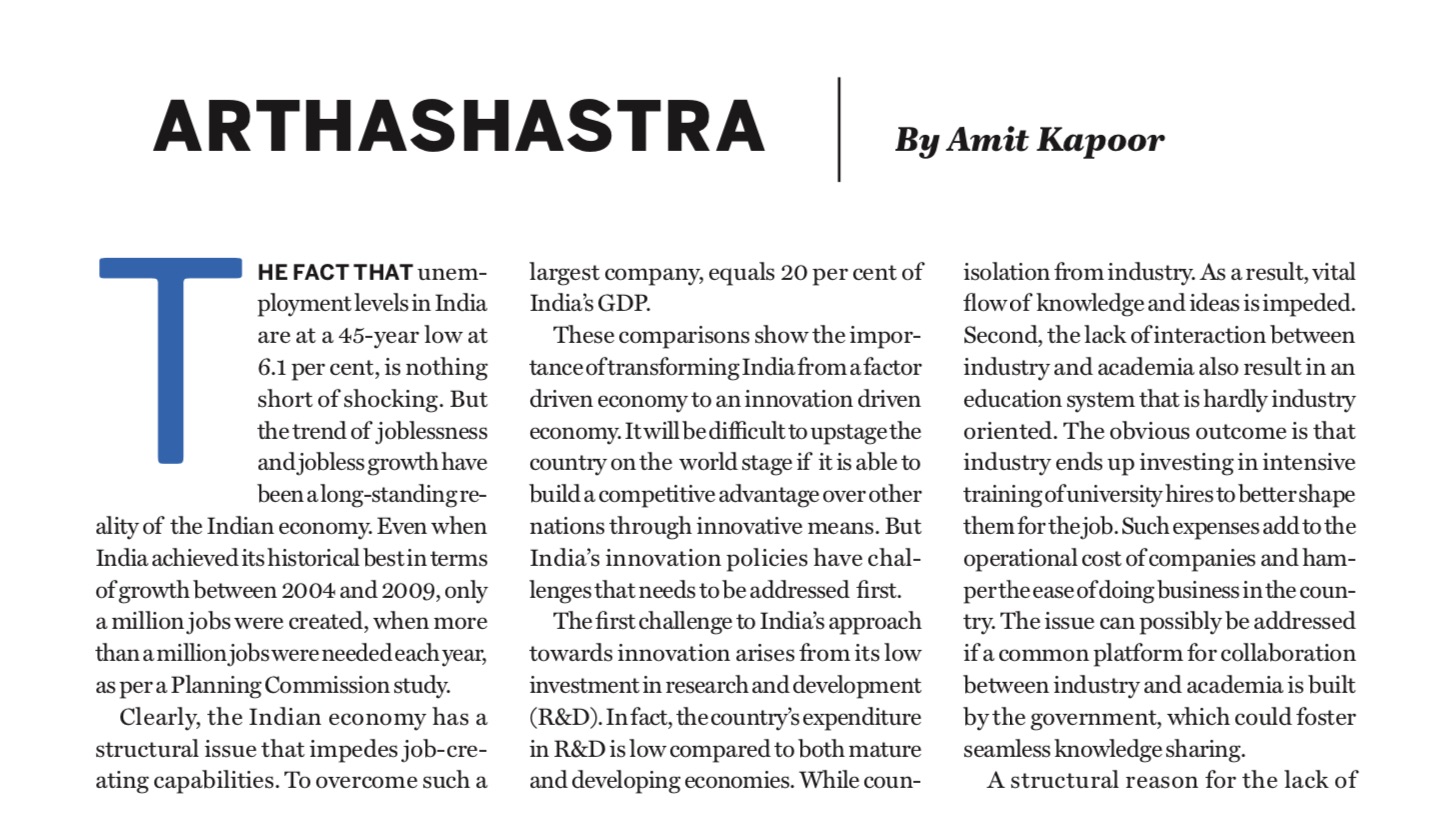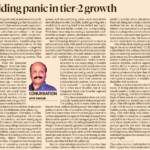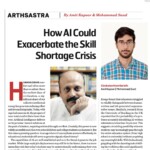The Silicon Valley narrative holds a contemporary allure that inspires and drives millions of entrepreneurs — a saga of ingenuity, imagination, creativity, and perseverance. Simultaneously, it epitomizes the transformation of cities into hubs of opportunity. It serves as both an economic blueprint and a reflection of social challenges stemming from the entrepreneurial boom. For San Francisco, Silicon Valley symbolizes the pursuit of excellence in innovation, technology, and human advancement. However, irony unfolds as one confronts the escalating issues of homelessness and poverty in this land of promise. According to the 2024 Silicon Valley Index, the GDP share of the Valley (San Mateo and Santa Clara counties only) stood at 12.1%, while San Francisco’s share in California’s total GDP was only 5.4%. Yet, the report reveals glaring income and wealth disparities within Silicon Valley. The top 10% of households control 70% of the collective wealth, with median household incomes barely keeping pace with inflation.
While Silicon Valley and its impact in the United States and the rest of the world have rarely ever left the limelight, what is more often overlooked is the effect that such a phenomenon has on the larger urban dynamics of a region. Beyond economic productivity, it is crucial to understand the changing culture, the nature of jobs, labour force participation rates, ease of living and pressure on municipal functioning. For instance, in 2021, The New York Times ran a headline saying, “They Can’t Leave the Bay Area Fast Enough” while talking about the moving of many tech startups and their workers from the area. The reasons highlighted were the excessive rate of rents triggering a cost of living crisis for the workers and the glaring disparity between the high-rise offices of wealthy and more established giants like Google and Meta and the increasing numbers of tents for the homeless. The sheer juxtaposition of such eminence and deprivation begs an investigation into what startups can offer to solve the urban crisis.
One of the primary drivers of homelessness in Silicon Valley is the exorbitant cost of living. Skyrocketing housing prices have reached unprecedented levels, making it increasingly difficult for low-income individuals and families to afford adequate shelter. As tech companies continue to expand and attract talent, demand for housing has surged, exacerbating an already dire situation. The result is a growing population of homeless individuals who struggle to find stable housing amidst the region’s housing crisis. Furthermore, the nature of employment in Silicon Valley contributes to this situation. While tech companies offer high-paying jobs to skilled workers, they also rely heavily on contract labour and gig economy workers who lack job security and benefits. Many of these workers struggle to make ends meet, facing precarious living conditions and financial instability. Without access to affordable housing and adequate support systems, they are at increased risk of falling into homelessness. The homeless population in Silicon Valley is also diverse, encompassing individuals from various backgrounds and circumstances. Some long-term residents have been priced out of their homes due to gentrification and rising rents. Others are recent arrivals drawn to the promise of opportunity, only to find themselves living on the streets or in makeshift shelters. Regardless of their origins, they share a common struggle for survival in a region that has become increasingly hostile to those on the margins of society.
While Silicon Valley’s story is familiar, it’s not exclusive to this tech hub. Closer to home, a city like Bangalore, often dubbed India’s Silicon Valley, is grappling with a mounting cost of living crisis amidst climate change-induced resource strains, particularly on essentials like water. This isn’t to demonize startups but rather to underscore the urban disparities accompanying their ascent. While the expansion of these conglomerates holds promise for urban development and prosperity, it’s imperative to ensure our cities can cope with escalating demands in an affordable and scalable manner. This necessitates a shift towards more sustainable practices, both in terms of urban planning—considering space and density—and in the choices made by companies operating within these cities.
In this context, urban planning plays a pivotal role in shaping the trajectory of startup ecosystems within cities. The spatial organization, infrastructure provision, and regulatory framework set the stage for entrepreneurial activity to thrive. However, the current urban planning paradigm often struggles to keep pace with the dynamic nature of startup growth, leading to many issues ranging from inadequate infrastructure to soaring real estate prices. One of the critical challenges posed by the rise of startups is their strain on urban resources. As these companies expand, they consume vast quantities of water, electricity, and other utilities, exacerbating existing resource strains. This puts pressure on urban infrastructure, leading to service disruptions, environmental degradation, and heightened vulnerability to climate-related disasters. To address these challenges, urban planners must adopt a holistic approach that integrates sustainability principles into urban development. This entails promoting mixed-use development, investing in public transportation and green infrastructure, and implementing regulations that incentivize sustainable practices among startups and other businesses. Furthermore, fostering collaboration between startups and urban planners can yield innovative solutions to urban challenges. By leveraging technology and data-driven approaches, startups can help cities optimize resource allocation, improve service delivery, and enhance the overall quality of life for residents. In turn, urban planners can provide startups with regulatory certainty, infrastructure support, and access to markets necessary for their success.
The article was published with Business Standard on April 17, 2024.

